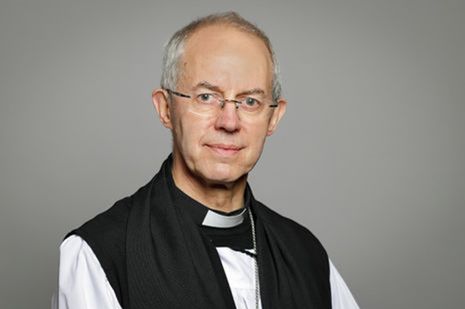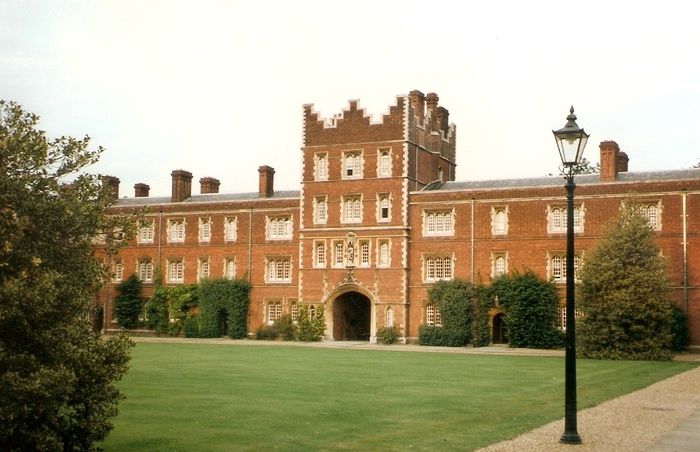Memorials to slave traders do not belong in places of worship, says Archbishop of Canterbury
A Church court decided to keep Rustat’s memorial in the Jesus College chapel last month

The Archbishop of Canterbury has condemned the decision to keep the memorial of slave trade investor Tobias Rustat in Jesus College’s chapel.
In a statement on Tuesday (12/4), Justin Welby said that “Memorials to slave-traders do not belong in places of worship.”
He added: “If we are content with a situation where people of colour are excluded from places of worship because of the pain caused by such memorials, then clearly we have a lot further to go in our journey towards racial justice.”
The memorial has been a long-standing source of controversy owing to Rustat’s involvement in the slave trade. The 17th century donor to the College had investments in the Royal African Company and the Royal Adventurers, both of which traded enslaved Africans.
The Church court concluded last month (23/3) that the College’s case to remove the memorial was based on a “false narrative” that Rustat had gained most of his wealth from the slave trade and that this money had been used to benefit the college.
While confirming that he did not doubt the legality of the decision, Archbishop Justin Welby reaffirmed his support for the removal of the memorial.
Speaking earlier this year (11/2) at a meeting of Church leaders, Welby asked: “Why is it so much agony to remove a memorial to slavery?” and pointed to the distress the memorial caused to ancestors of enslaved peoples.
Welby's move will boost Jesus College's calls for the Church of England to change how it handles racial injustice and contested heritage.
Sonita Alleyne, the Jesus master and first black woman to lead an Oxbridge college, described these current procedures as “not fit for purpose”, and said that the court’s decision showed “a lack of understanding of the lived experience of people of colour in modern Britain.”
Despite this, the College will not appeal the ruling since the grounds for appeal are limited, and the time and costs involved would be “significant.”
 Features / Should I stay or should I go? Cambridge students and alumni reflect on how their memories stay with them15 December 2025
Features / Should I stay or should I go? Cambridge students and alumni reflect on how their memories stay with them15 December 2025 News / Cambridge study finds students learn better with notes than AI13 December 2025
News / Cambridge study finds students learn better with notes than AI13 December 2025 Comment / The magic of an eight-week term15 December 2025
Comment / The magic of an eight-week term15 December 2025 News / News In Brief: Michaelmas marriages, monogamous mammals, and messaging manipulation15 December 2025
News / News In Brief: Michaelmas marriages, monogamous mammals, and messaging manipulation15 December 2025 News / Uni Scout and Guide Club affirms trans inclusion 12 December 2025
News / Uni Scout and Guide Club affirms trans inclusion 12 December 2025











